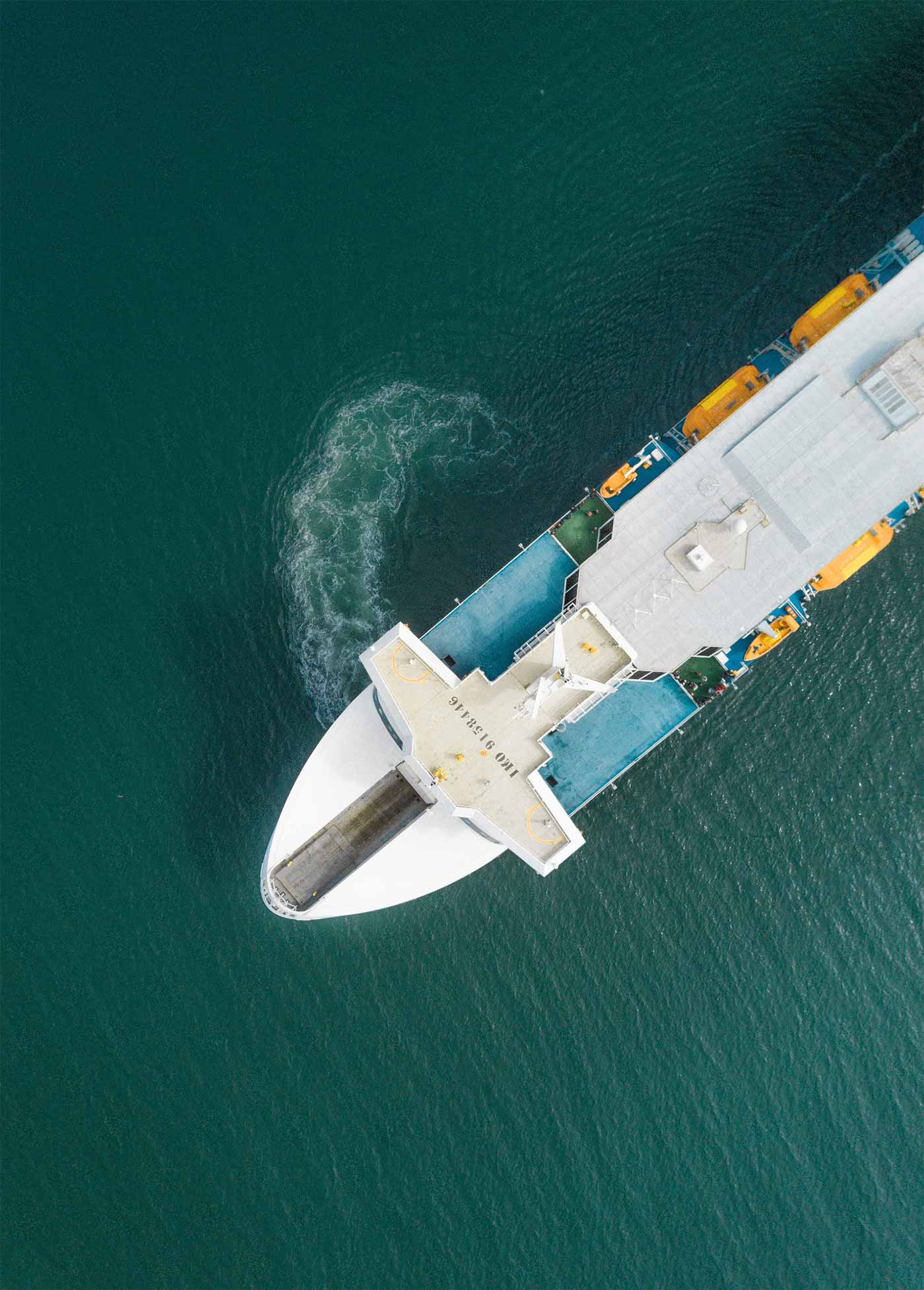
Delivery duty paid
DDP is one of the Incoterms rules developed by the International Chamber of Commerce and is quite widely used within international trade. DDP stands for “Delivered Duty Paid” which means that the seller delivers the goods when the goods are placed at the disposal of the buyer, cleared for import on the arriving means of transport, and ready for unloading at the named place of delivery.
What you should know about the DPP
DDP Incoterms is usually used by a buyer who does not want to enter into any kind of transport contract with any entity and would rather let the seller handle all these responsibilities right up to their door. In DDP shipping, the seller has the maximum obligation as it involves the delivery of the goods to the buyer at the agreed destination and in that sense may be considered as the opposite of EXW which involves the buyer picking up the cargo from the seller´s door. The seller bears all the costs and risks involved in bringing the goods to the place of destination, has an obligation to clear the goods not only for export but also for import, to pay any duty for both export and import, and to carry out all customs formalities. This rule may be used irrespective of the mode of transport selected and may also be used where more than one mode of transport is employed.
Under DDP Incoterms, the seller is obliged to;
- Take care of all export clearance formalities at the origin including any and all export permits, quotas, special documentation, etc. relating to the cargo
- Cover the cost of transportation from the packing area to the named place of delivery
- Arrange contracts of carriage with the various carriers up to the named place of delivery including any on–carriages wherever it is applicable
- Ensure that all risks are covered up to the agreed place of delivery
- Ensure that the goods arrive at the destination as the risk and responsibility of the seller ceases only when the cargo is at the agreed place of delivery
- Arrange and pay for customs clearance formalities at the destination port(s), all customs duties and VAT if applicable and all the charges of the carrier(s) till the agreed place of delivery.
Author
adminRelated posts
Bill of lading
The bill of lading is a legally binding document providing the driver and the ca
Expert Tips
For any trade business, the safety of the goods being transported is of utmost i
Manage market volatility
Market volatility and ocean freight fluctuations are here to stay. Therefore, it




CLEVE
GREAT